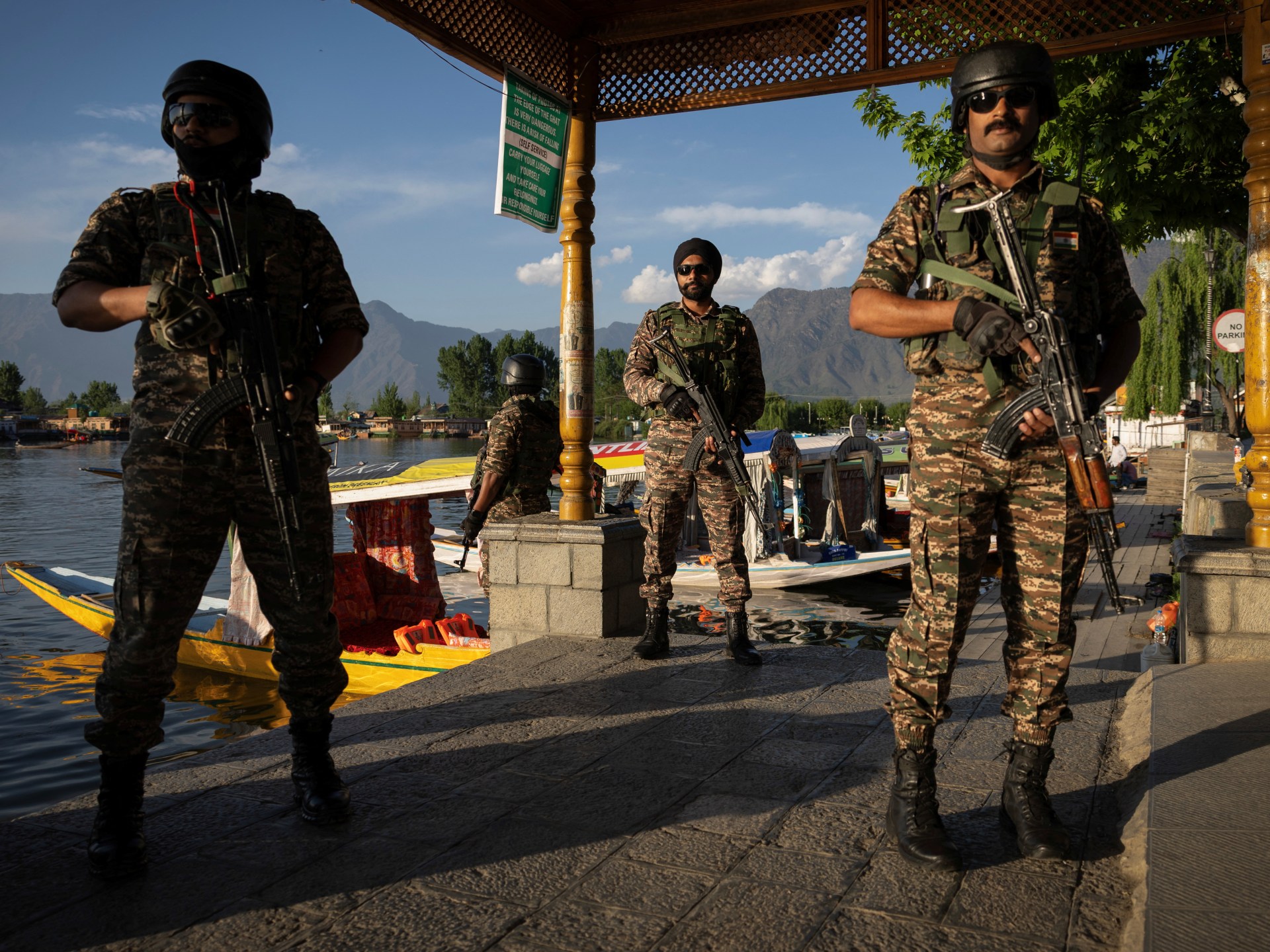Pakistan, which it has blamed on Islamabad for the killings of tourists in India-administered Kashmir, has demanded a “neutral” investigation and said it was in favor of peace.
Although Islamabad has denied any involvement in the attack on Tuesday that left 25 Indians and one national of Nepal dead, India has identified two of the three suspected attackers as Pakistanis.
Pakistan’s interior minister, Mohsin Naqvi, stated on Saturday that “Pakistan is fully prepared to cooperate with any neutral investigators to ensure that the truth is exposed and justice is served.”
Pakistan will not compromise its sovereignty, he declared at a press conference. “Pakistan continues to be committed to peace, stability, and the upholding of international standards.”
Shehbaz Sharif, the country’s prime minister, said, “This perpetual blame game must come to an end.
The attackers, according to India’s Prime Minister Narendra Modi, will be pursued to “the ends of the earth,” and those responsible for planning and carrying out the attack will be punished beyond their imagination.
Meanwhile, Pakistani politicians and other parties are making increasingly hostile demands.
India and Pakistan took a number of measures against one another following the attack, including suspending the Indus River and its tributaries, and closing Pakistan’s airspace to Indian airlines.
After four years of relative calm, the two parties have exchanged fire across their de facto border for two straight days.
The Indian Army reported responding to “unprovoked” small arms fire from a number of Pakistan Army posts along the de facto Kashmir border, which is 740 kilometers (460 miles) long, that started at midnight on Friday. No injuries were reported.
The exchange of fire has not yet been commented upon by Pakistan’s military.
Former Pakistani diplomat Maleeha Lodhi claimed there was “a sombre mood” in Pakistan and that there was a lot of uncertainty about what might transpire next.
There are fears, especially given Prime Minister Modi’s speeches and the Indian media, because the nuclear neighbors are on the verge of a more dangerous conflict, according to Lodhi.
The former ambassador emphasized that India may engage in “kinetic action” against Pakistan as a result of this rhetoric.
She said that would necessitate a very strong, robust response from Pakistan.
According to Lodhi, “the fear and apprehension are really focused on the possibility that we may be in the middle of a serious crisis.”
As tensions between India and Pakistan escalate, residents of Jammu and Kashmir’s border village R S Pura have begun clearing out community bunkers.
“We live in border regions,” we say. Our communities will be the first to be affected by whatever happens in India, said Balvir Kaur, a resident.
“We are getting ready if there is a problem,” he says. Without having to consider the safety of its citizens living close to India, the government would not need to consider this. We don’t want them to suffer as a result.
It’s time to give diplomacy another chance, according to an editorial from Pakistan’s Dawn news outlet on Saturday, because neither Pakistan nor India can afford war.
The editorial continued, “These are dangerous times in the subcontinent, and Pakistan and India must show restraint and sense in handling the post-Pahalgam developments.”
At least five suspected rebels in Kashmir have been demolished, including one they believe was involved in the most recent attack, while Indian security forces have continued their search for the suspects.
One such house in Murram village in the Pulwama district was dumped with pieces of broken glass on Saturday. In the previous three years, locals claimed they had not witnessed Ehsan Ahmed Sheikh, a suspected fighter whose home had been destroyed.
Sameer Ahmed, a neighbor, told Reuters: “Nobody knows where he is.”
The home of Ehsan’s family has been destroyed. Not him, but they will suffer as a result.
Source: Aljazeera

Leave a Reply